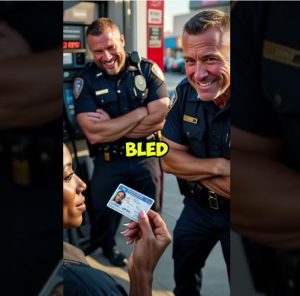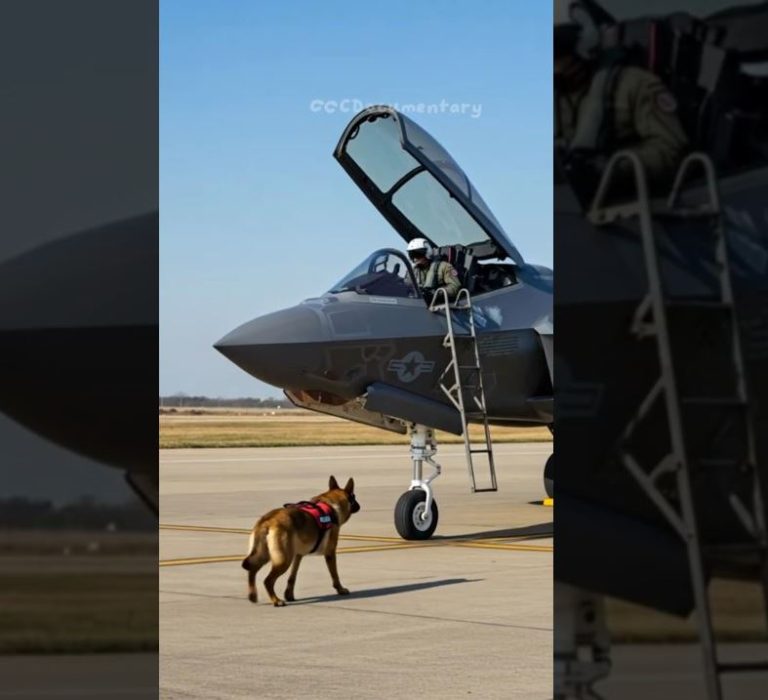It was supposed to be a quiet Sunday afternoon. Officer Daniel Harris, a respected detective with over fifteen years of service, had just finished a long week at the precinct. For once, he decided to relax no badge, no uniform, no radio, just a simple day out.
He stopped by a local convenience store to grab a snack and a drink before heading to the park to meet his wife and daughter. He smiled at the cashier, paid for his items, and stepped outside. But within moments, everything took a sudden and shocking turn.
The Mistaken Arrest
As Daniel reached his car, two patrol vehicles pulled up with lights flashing. Officers jumped out, shouting commands.
“Sir! Step away from the vehicle! Hands where we can see them!”
Daniel froze. “Excuse me?” he said calmly, raising his hands.
“Don’t move!” one officer shouted. “We have a report of a robbery suspect matching your description.”
Before Daniel could explain, they moved in fast. One officer pushed him against the hood, cuffed his wrists tightly, and began patting him down.
“I think there’s been a misunderstanding,” Daniel tried to say. “I’m”
“Save it,” one of them interrupted. “We’ll sort it out at the station.”
He didn’t even get the chance to reach for his wallet, where his police ID was clearly visible.
People at the gas station stared. Some filmed the scene with their phones. It was humiliating not because he was being arrested, but because the men arresting him didn’t bother to ask a single question.
The Ride to the Station
Inside the patrol car, Daniel sat silently. Years of experience as a detective had taught him that arguing would only escalate things. Still, the sting of disbelief cut deep.
He’d trained officers like these. He’d stood beside them on crime scenes. And now he was being treated like a criminal by his own kind.
At the station, they placed him in a holding room while they “verified his identity.”
It took less than ten minutes. One officer ran his ID and went pale. “Oh no,” he muttered. “He’s one of us.”
The room fell silent.
Within moments, the sergeant came rushing in. “Get those cuffs off him! Now!”
The officers obeyed quickly, stumbling over apologies.ly.
The Fallout
Word of the incident spread quickly through the department. Some officers were furious on Daniel’s behalf; others tried to downplay it as “a misunderstanding.”
But for Daniel, it wasn’t just about pride. It was about principle. He knew mistakes could happen in law enforcement but this one showed a deeper problem: the lack of communication and restraint.
“I’ve been on the other side of that line,” Daniel told his captain later. “We’re trained to de-escalate. To ask questions before assuming guilt. What if I hadn’t been calm? What if someone else had panicked?”
The captain nodded, visibly shaken. “You’re right. We need to address this.”
And they did.
Within days, an internal review was launched. The officers involved were not suspended, but they were required to undergo additional training in situational assessment, ID verification, and bias prevention.




